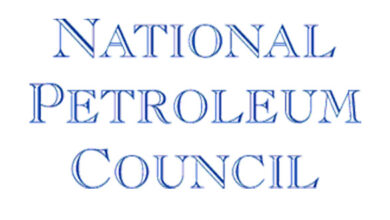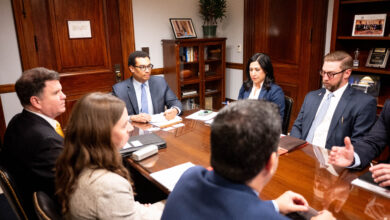Industry veterans urged to pass on more tacit knowledge to younger generation

By Linda Hsieh, managing editor
There’s a lot of concern in the industry over the imminent loss of an older-generation of employees as they begin to retire over the next several years, taking with them decades of valuable drilling experience and knowledge. But is that loss of experience truly cause for worry? Arthur Dutton, Atwood Oceanics HSE manager of operations, doesn’t think so. “All the experience we have in the industry right now isn’t necessarily good,” he said last week at the 2011 IADC Critical Issues Asia Pacific Conference in Kuala Lumpur.
The older-generation of workers who are nearing retirement mostly entered the industry more than 20 years ago, and their experience was shaped and molded by the prevailing industry thinking and practices of that era. “The behaviors that we were trying to instill in people that created habits and, indeed, experience were right for those times,” Mr Dutton said. However, they may not be right anymore for today’s drilling industry because so many influencing factors have changed.
For one, drilling technology has evolved significantly. Second, rigs themselves are not the same anymore, with old iron being replaced by modern, advanced-technology newbuilds.
The younger generation of workers coming in are smart and capable, he believes, but industry must provide them the necessary training to ensure competency. To operate some of the newer rigs and technology, this may involve “training people in things that we haven’t trained them in before,” he said.
Mr Dutton also encouraged companies to spend more energy and resources on integrating new employees into the organization. Safety leadership demonstrated on an employee’s first day with the company, for example, will likely have more impact than safety leadership demonstrated after the employee has already settled in, he said. “Who has a vivid memory of your first day with your organization?” Mr Dutton asked the audience during his presentation. Almost everyone raised their hand.
“It’s very important that we don’t miss this opportunity (to make an impact),” he said. “I guarantee you that some of our organizations today, there’s some person who just walked into the office for the first day, and we’re not prepared to greet them. The process is rushed and, before we know it, these people have a ticket to an operation somewhere in the world.”
Mr Dutton also urged the industry’s more experienced workers to take opportunities to pass on tacit knowledge, rather than just explicit knowledge, to the younger generation. Explicit knowledge is something that can be easily passed on to someone with no experience in the form of written procedures. How to take the wheel off of a bicycle is an example. “Tacit knowledge is different. How many people think they can write a procedure on how to ride a bicycle? It’s a bit tougher,” Mr Dutton said. “This is stuff that isn’t necessarily easy for us to pass on. … There are lots of opportunities out there for us to pass on tacit knowledge, if only we can think about it and review it.”
He added: “For knowledge transfer from a safety perspective, this is key in terms of our success going forward.”




